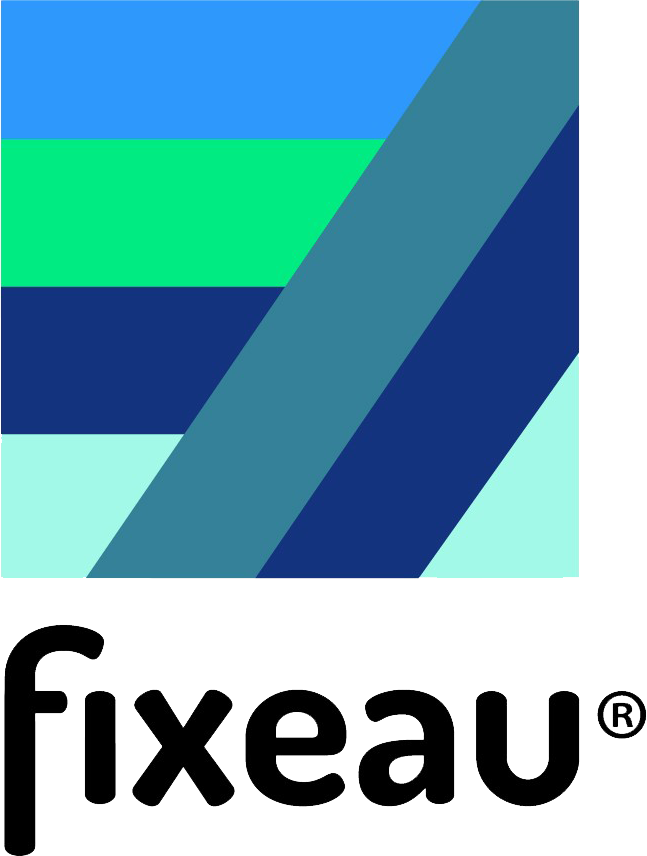
Jos de Bijl, Hoogheemraadschap Delfland “With Fixeau we can now work together with growers to measure water quality in the capillaries of our water system. This provides insight into a common interest: clean water in Delfland.”

Robert van der Salm, Farmer/bulb grower. “With Fixeau and the Aqua Mobile, problem cases of salinization are visible and traceable at an early stage. In this way it is ensured that the sector is provided with good water and it gives the farmers themselves the choice of whether or not to irrigate.”
Fixeau provides insight into the hydrological functioning of the soil and ditch throughout the Netherlands.

Fixeau forms the basis in various participatory monitoring projects or farmers’ collectives in areas where there is land subsidence (peat areas), areas where there is salinization (coastal areas), for the improvement of water quality, but always to improve or optimize the water system and/or agricultural conditions for now and the future. The aim of these projects is to raise awareness among a large(r) group of farmers and to provide insight into the hydrological functioning of the soil and ditch, the degree of salinization, subsidence on their own farm or as a collective or in collaboration with governments in an area. Based on the facts from measurements and insights, short and long-term improvement advice can be given or conclude that current practices are effective and efficient. From data to information and advice.
In addition to the basis of a platform and measuring instruments, Fixeau also offers the possibility to guide the process and to provide advice. The basis is and remains that members (farmers, nature managers, water managers) measure the salinity, groundwater levels and soil moisture themselves. During implementation, they receive guidance from consultants to interpret the data and to take the right conclusions and, above all, actions. In addition, study and demonstration meetings are organized where results and insights based on the measurements are shared, as well as knowledge already acquired. The result is shared insight, support and mutual understanding and improvement of water management for your own company or area and the next step towards participatory water management.
Project Farmers Measure Water

In the ‘Farmers Measure Water’ project, farmers and water boards work together to gain more insight into the water and soil system. Carrying out measurements together creates understanding for each other and for measures that can limit the influence of salinization and peat oxidation.
Video (Dutch)
Project Boeren Meten Water Verzilting
Salinisation: The northern coastal zone has to cope with effects of salinization. Agriculture in the areas is possible thanks to a relatively thin freshwater lens in the plots and freshwater supply via ditches. The supply via ditches and the freshwater lens are under pressure due to changes in freshwater availability and internal salinization. Climate change (increasing drought and rising sea levels) and soil subsidence play a role in this. There is a risk that the freshwater lenses will become thinner or even disappear. This can damage the crops. Due to changes in freshwater availability, the risk of salinization of ditches is increasing. The presence of these risks and how to act on them is not always known or only partially known. In the Farmers Measuring Water Salinization project, this data is collected centrally
Video (Dutch)
Project Farmers Measure Water Veenweide
Peat oxidation: In areas of land subsidence, often peat soils, it is important to optimize the management of groundwater and soil moisture in such a way that peat oxidation is limited as much as possible, while maintaining agricultural use. To gain insight into the problem, reliable measurement data are necessary. Within the Farmers Measure Water project, data is collected using the Aqua Pin (for measuring the groundwater level and soil moisture). The data is collected centrally on a platform and immediately displayed online via an app and website, together with measurement data from the water board.
Video (Dutch)
Project Naturally Sweet, Measuring the salinity of surface water Schouwen-Duiveland

In the Naturally Sweet project, farmers and hydrologists from Acacia Water map the salinity in the surface water over a longer period of time. Because the salinity varies during the year and depends on the precipitation (fresh water).
Due to salty seepage in the ditches, this water becomes brackish to salty, in dry times the salt content is therefore often higher. Only after measurements at many locations do we know what the salinity looks like throughout the year and can we take targeted measures to improve freshwater availability at Schouwen-Duiveland.
The municipality of Schouwen-Duiveland started this monitoring project together with the Scheldestromen Water Board, the province of Zeeland and Agrarisch Schouwen-Duiveland.
